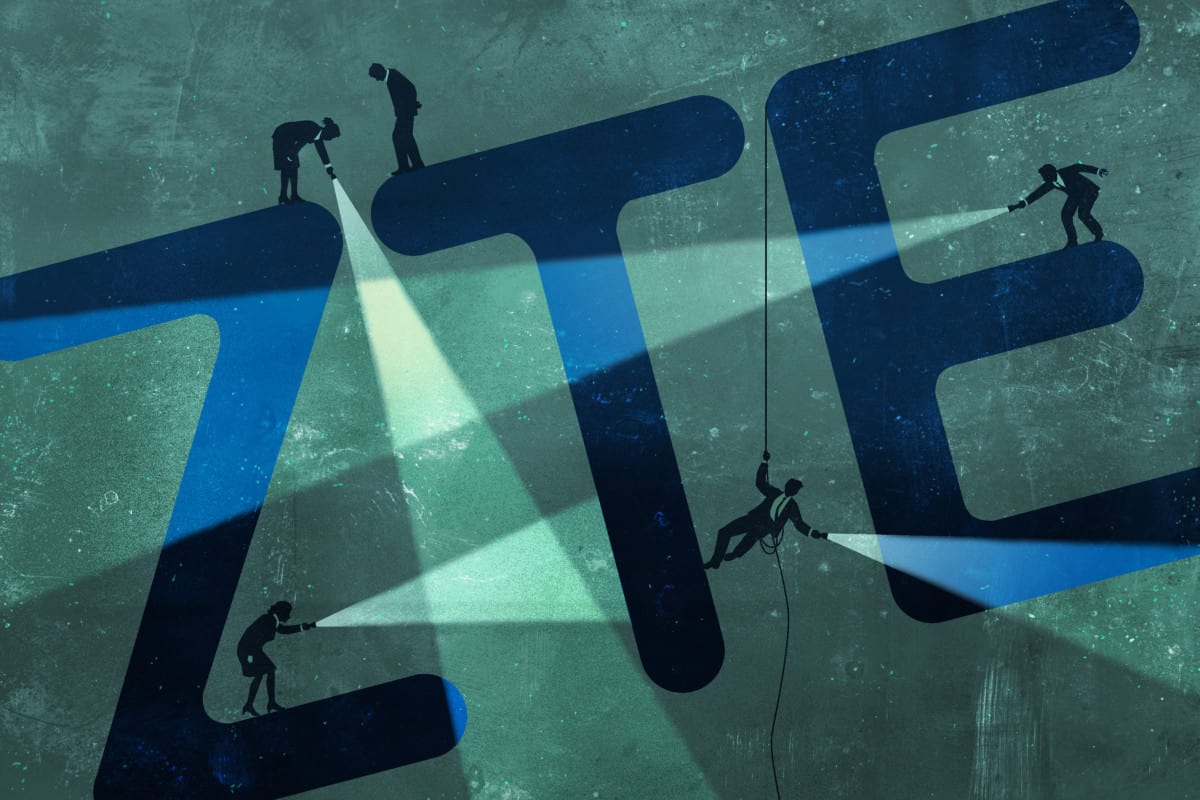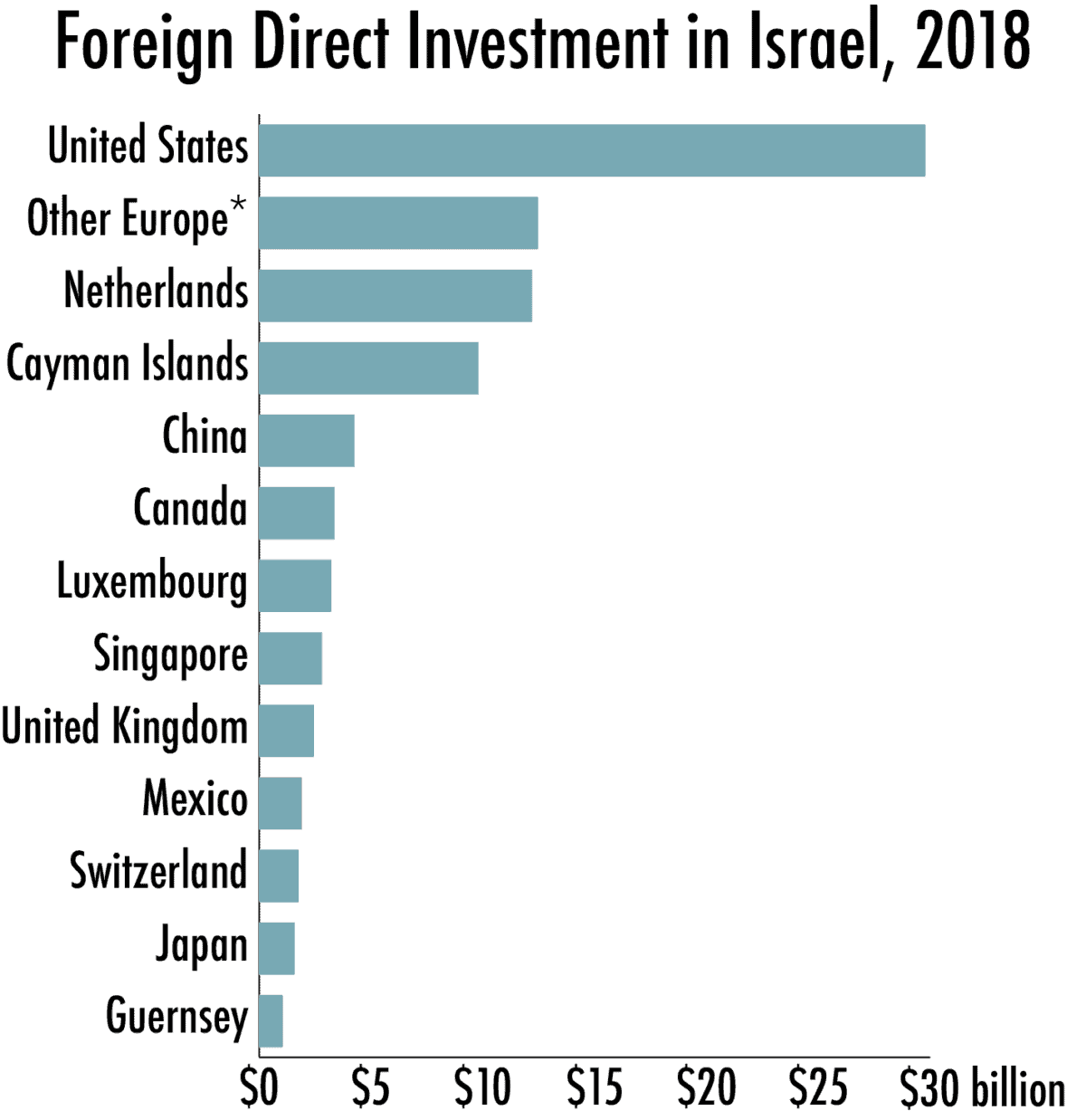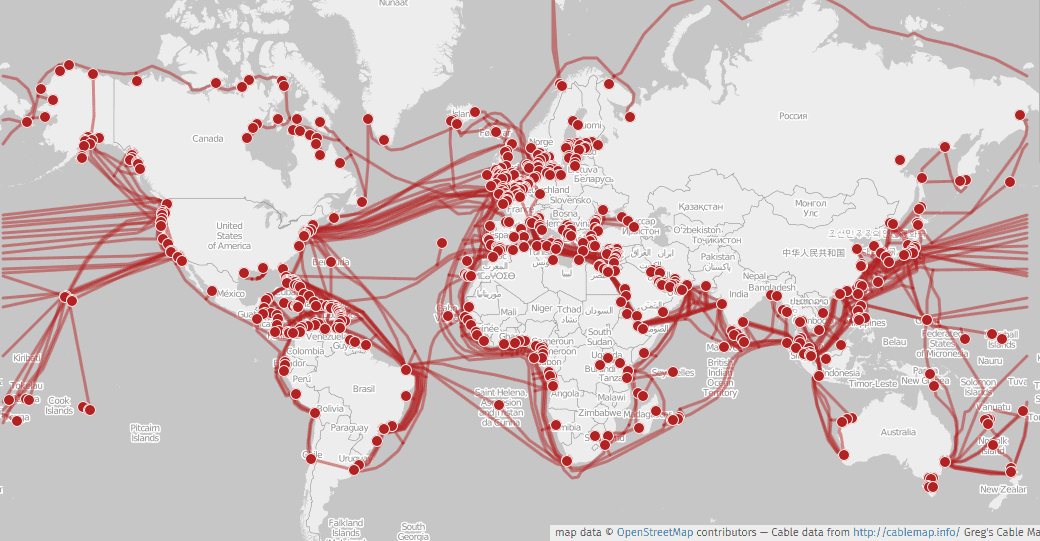Good evening. Whether it’s by phone, internet, podcasts, or the written word, the lines of communication between the U.S. and China matter. Which is why this week, we’re examining several potentially contentious ones, including ZTE (the Huawei-understudy), U.S. books in China, and undersea internet cables. For a bit of perspective, we also have a great Q&A with Kaiser Kuo, the rocker-turned-podcaster. New readers can register to read one free article, while subscribers get full access and a number of benefits, like our hugely popular News Feed. If you’re not already a paid subscriber to The Wire, please sign up here.
Want this emailed directly to your inbox? Sign up to receive our free newsletter.

The ZTE Conundrum
When it comes to Chinese telecom threats to the United States, ZTE is often mentioned in the same breath as its more well-known compatriot and rival, Huawei. The two companies dominate China’s market, but as they expand their footprints, the U.S. government has cried foul, citing both companies’ strong ties to the Communist Party and the Chinese military as well as allegations of intellectual property theft and sanctions violations. But while the U.S. government is now bearing down on both telecom giants, it has gone notably softer on ZTE. Why? This week, Justin Rohrlich looks at who ZTE is and how it came to be the ultimate bargaining chip between the U.S. and China.

*Other Europe refers European countries not featured in the chart.
Data: Israel’s National Bureau of Statistics
The Big Picture: China’s Investments in Israel
Israel’s reputation as a startup powerhouse and its strategic position in the Middle East make it an attractive investment for China. In fact, Israel is pretty unique in terms of being both a participant in China’s Belt and Road Initiative, which tends to focus on infrastructure projects in low- to middle-income countries, and a major recipient of high-tech investment from China. This week, our data graphics explore China’s developing relationship with Israel through the lens of these investments.

Credit: Costfoto/Barcroft Media via Getty Images
American Authors Get the Cold Shoulder in China
In the summer of 2019, American publishers started noticing that their books — everything from children’s picture books to historical biographies — weren’t making it to the shelves in China. The Chinese government, which strictly controls the publishing industry, has not explicitly banned American authors, but as The Wire’s Katrina Northrop reports, industry insiders say that, for more than a year now, the Chinese government has delayed or denied most American authors from publishing their books in China — a change that has hurt publishers in both countries.
A Q&A With Kaiser Kuo

Kaiser Kuo is the host of the Sinica podcast, a weekly show on Chinese current affairs, and a veteran of both the technology and rock scenes in China. In this week’s interview with The Wire’s Katrina Northrop, he talks about the U.S.-China tech competition, race and belief systems, and how China has threatened America’s self-conception.
Kaiser Kuo
Illustration by Lauren Crow

Credit: Greg Mahlknecht and Openstreetmap, Creative Commons
Frayed Cables
Did you know there is no direct internet link between the U.S. and Hong Kong? Undersea internet cables are instead routed through countries such as the Philippines or Singapore. Facebook and Google wanted to change that, proposing the first direct cable between the U.S. and the Chinese territory, but ‘Team Telecom,’ a new interagency national security committee formalized by President Trump, advised against it. With tensions over data security rising between the U.S. and China, The Wire‘s Hannah Reale reports on the fine line Team Telecom has to walk.
Subscribe today for unlimited access, starting at only $19 a month.



